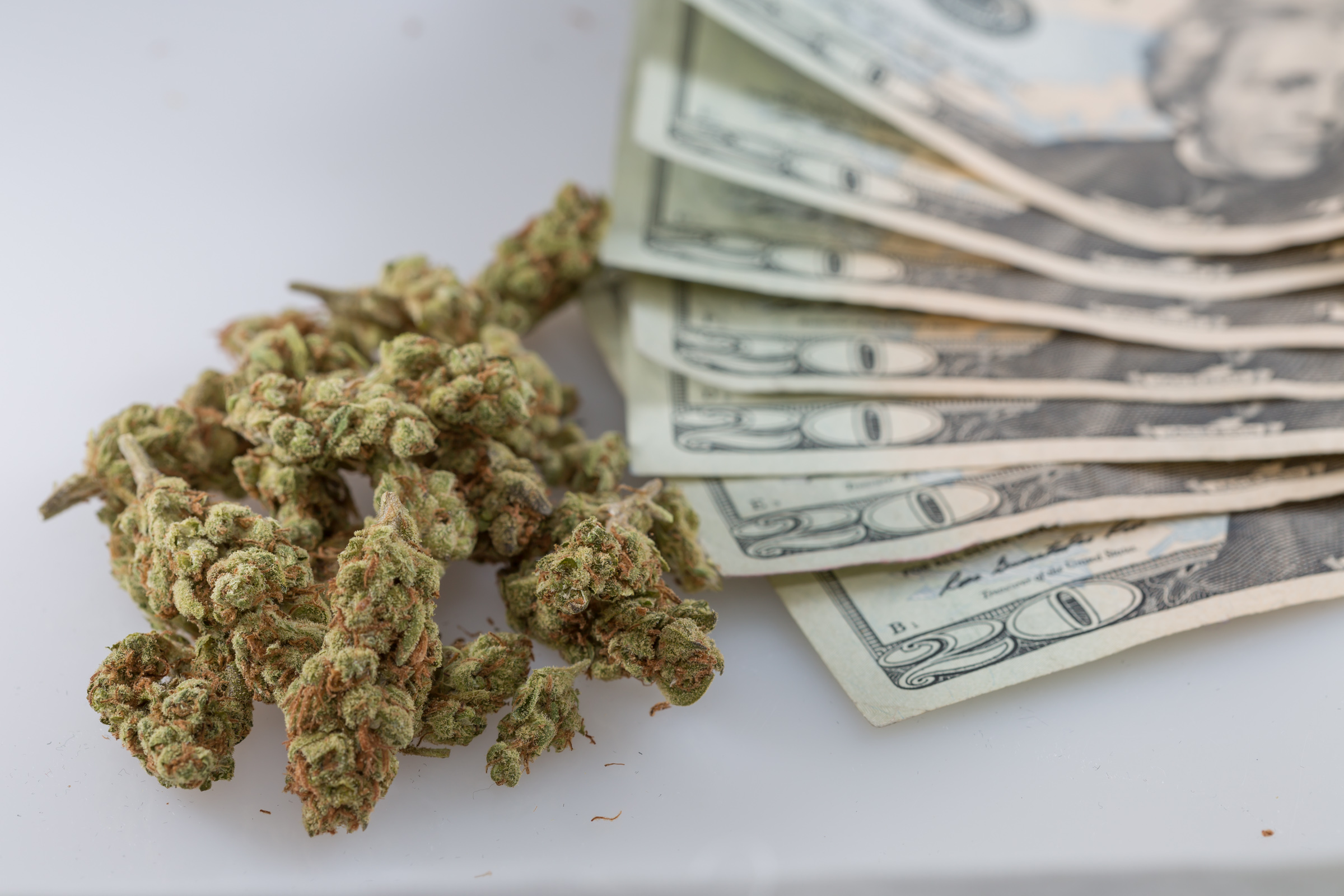Politics
Michigan Sends $10 Million In Marijuana Revenue Back To Local Governments

“Infusing over $28,000 per retailer and microbusiness into local government budgets across the state is very impactful and shows how strong and successful the industry is becoming.”
By Scott McClallen, The Center Square
Michiganders bought more than $341 million of legal marijuana in fiscal year 2020, and tax revenue from those sales is being disbursed to local governments and services.
The Michigan Department of Treasury is distributing nearly $10 million to more than 100 state municipalities and counties as a part of the Michigan Regulation and Taxation of Marijuana Act.
That breakdown of disbursements includes 38 cities, seven villages, 21 townships and 38 counties. Each began receiving payments from the Marihuana Regulation Fund for every licensed retail store and micro business in its jurisdiction.
For the state’s 2020 fiscal year, each eligible municipality and county will receive around $28,000 for every licensed retail store or microbusiness.
“The revenue generated from marijuana taxes and fees is important to our local governments,” State Treasurer Rachael Eubanks said in a statement. “In this extraordinary time, our staff is working to get those payments to impacted municipalities and counties. Every dollar helps right now.”
For the state of Michigan’s 2020 fiscal year, more than $31 million was collected from the 10 percent adult-use marijuana excise tax. Combined with fees, $45.7 million is available for distribution.
Per state law, the money will be distributed:
- Nearly $10 million in disbursements to municipalities and counties
- $11.6 million will be sent to the School Aid Fund for K-12 education
- $11.6 million to the Michigan Transportation Fund
- $12.5 million amount will cover start-up and administrative costs
“The team at the Marijuana Regulatory Agency did a tremendous job getting the adult-use licensing program established and operating efficiently,” MRA Executive Director Andrew Brisbo said in a statement. “Infusing over $28,000 per retailer and microbusiness into local government budgets across the state is very impactful and shows how strong and successful the industry is becoming.”
NEWS RELEASE: Treasury: First Adult-Use Marijuana Payments Distributed to Michigan Municipalities, Counties https://t.co/5T4EadRUgw #MIGov pic.twitter.com/O4QKLEl34M
— Michigan Department of Treasury (@MiTreasury) March 4, 2021
In a phone interview with The Center Square, Lansing Mayor Andy Schor called the local marijuana program a success that garnered the city with 10 marijuana facilities a check for $280,000.
“We’re not the wild west of marijuana; we’ve got a limited number that are doing it in the right way that are presentable and are working with our neighborhoods to make sure things are done right,” Schor said.
Schor said the program is revitalizing the city.
“Lansing’s licensed cannabis entities have returned previously vacant buildings and storefronts to the tax rolls and have now provided almost $300,000 to help fill the hole left in the budget by the pandemic,” Schor said in a statement.
Retail shops, growers, processors, secure transport and safety compliance facilities also provide jobs and play a part in the city and state’s growing marijuana industry.
“These licensees have invested more than $85 million in purchasing and improving property in Lansing,” Clerk Chris Swope said in a statement. “They have also employed more than 2,400 workers and agreed to pay a living wage of $16 or more an hour, along with a benefit package which includes health care and retirement savings.”
Within two years, marijuana in Michigan flipped from an illegal substance to being deemed an “essential business” during the COVID-19 pandemic.




